Conflicts of Interest
The Letters of Mara Amparo Ruiz de Burton
Recovering the U.S. Hispanic Literary Heritage
Board of Editorial Advisors
Ramn Luis Acevedo
Universidad de Puerto Rico
Jos F. Aranda, Jr.
Rice University
Antonia Castaeda
St. Marys University
Rodolfo J. Cortina
University of Houston
Kenya C. Dworkin y Mndez
Carnegie Mellon University
Jos B. Fernndez
University of Central Florida
Juan Flores
Hunter College of CUNY
Erlinda Gonzales-Berry
Oregon State University
Laura Gutirrez-Witt
University of Texas at Austin
Luis Leal
University of California at Santa Barbara
Clara Lomas
The Colorado College
Francisco A. Lomel
University of California at Santa Barbara
Agnes Lugo-Ortiz
Dartmouth College
A. Gabriel Melndez
University of New Mexico
Genaro Padilla
University of California at Berkeley
Raymund Paredes
University of California at Los Angeles
Nlida Prez
Hunter College of CUNY
Gerald Poyo
St. Marys University
Antonio Saborit
Instituto Nacional
de Antropologa e Historia
Rosaura Snchez
University of California at San Diego
Virginia Snchez Korrol
Brooklyn College of CUNY
Charles Tatum
University of Arizona
Silvio Torres-Saillant
CUNY Dominican Studies Institute
Roberto Trujillo
Stanford University
Conflicts of Interest
The Letters of Mara Amparo Ruiz de Burton
Edited, with a Commentary, by
Rosaura Snchez and Beatrice Pita
Recovering the U.S. Hispanic Literary Heritage

This volume is made possible through grants from the City of Houston through The Cultural Arts Council of Houston, Harris County and the Rockefeller Foundation.
Recovering the past, creating the future
Arte Pblico Press
University of Houston
Houston, Texas 77204-2174
Cover design by Ken Bullock
Cover photo courtesy of the Graves Family Collection
Ruiz de Burton, Mara Amparo, 18321895.
Conflicts of Interest: The Letters of Mara Amparo Ruiz de Burton; Edited, with a Commentary, by Rosaura Snchez and Beatrice Pita.
p. cm.(Recovering the U.S. Hispanic Literary Heritage)
Includes indexes.
ISBN 1-55885-328-6 (pbk. : alk. paper)
1. Ruiz de Burton, Mara Amparo, 18321895Correspondence. 2. Novelists, American19th centuryCorrespondence. 3. Hispanic American authorsCorrespondence. 4. Hispanic American womenCorrespondence. I. Snchez, Rosaura. II. Pita, Beatrice. III. Title. IV. Recovering the U.S. Hispanic Literary Heritage Project publication.
PS2736.R53 Z48 2001
813.4dc21
2001022420
 The paper used in this publication meets the requirements of the American National Standard for Information SciencesPermanence of Paper for Printed Library Materials, ANSI Z39.48-1984.
The paper used in this publication meets the requirements of the American National Standard for Information SciencesPermanence of Paper for Printed Library Materials, ANSI Z39.48-1984.
2001 by Amparo Ruiz de Burton
Introduction 2001 Beatrice Pita and Rosaura Snchez
1 2 3 4 5 6 7 8 9 0 10 9 8 7 6 5 4 3 2 1
The past is never dead. Its not even past.
William Faulkner, Requiem for a Nun
To Tatiana, Victoria, Andrew and Aaron
Contents
Introduction
By all rights Mara Amparo Ruiz de Burton was an extraordinarily talented woman. A writer with a critical voice addressing crucial issues of race and ethnicity, political power, gender, and class, at a binational level, she led a problematic life full of conflicts and contradictions. Her life interests us to the degree that it maps the obstacles in the playing field, never level for women and minorities, whether in the nineteenth century or now. It is her differential circumstancesthose circumstances of ethnicity, class, gender, and culture that constrained her agencyand her particular efforts and failures to militate against them, that particularly intrigue us in looking at her correspondence and reading it against her fiction and other writings. Her negotiations and maneuverings within the economic and cultural sphere were limited not only by these differential circumstances but by the specific historical moment itself, that is, the socioeconomic and political boundaries within which she lived. Breaking boundaries between public and private spheres, or squeezing the maximum leverage possible within political and economic structures was a lifetime battle for Ruiz de Burton (MARB).and elsewhere demonstrates) of being complicit with and implicated by it, whether intentionally or by default.
Conflicts of Interest
Conflicts of Interest is a title that best captures the conflicted positionality of MARB, pulled as she was in different directions by locations of class, race, gender, and nationality, often at odds with one another. In the course of reading her correspondence and other writings, readers will undoubtedly be struck not only by the various sites of social tension as well as her ongoing trials and tribulations, but especially by her compromised positions at every level, explaining perhaps why her friend and fellow californio Mariano Guadalupe Vallejo would tell her that she was a fissured subject. Throughout their correspondence she never lets him forget that he once told her that she had el alma atravesada. Her life was highly contradictory, but, by the same token, its trajectory makes for a compelling and revealing narrative. Driven by personal ambition, she was certainlyfor her time and placea woman with unladylike ambitions. An underdog with aristocratic pretensions and a sense of superiority, a liberal with monarchist tendencies, a U.S. citizen with a racial memory of her latinidad, an anti-imperialist with opportunistic tendencies, MARB strongly defended her fellow californios, whom she nevertheless tended to see as indolent and unclear as to the true dimensions of the changes at stake. She severely criticized the United States as a voracious nation ready to appropriate or dominate Mexico; yet, if she found it convenient, she was all too willing to appeal to the U.S. government in her legal battle with the Mexican government. What MARB was able to do adroitly throughout her life, and rather successfully, it seems, was to shift or maneuver from one position to another, allowing expediency and convenience to determine her course of action and opinion in order to gain relative ground or secure some advantage, however tentatively.
Hers is a story of what Goffman terms footing,experienced discrimination as a woman, as a Mexican and californio, and as a person of little means. Issues of class in her case are particularly fuzzy as her situation and economic location were often in flux. Her position of privilege was in part dependent on her husband, who had the military rank and access to inner circles of power, but who was financially constrained, and ever in debt; his death reduced her to a state of near poverty but with the potential in place to use their wobbly assets to some advantage.
MARBs letters give evidence of an intelligent, well-read woman, mindful of history and well versed in a variety of strategies to accomplish what she set out to do. Although often without a cent to her nameexcept for a thirty-dollar-a-month widows pensionMARB learned how to survive in a capitalist economy by exploiting to the fullest the promise of capital. She became skilled in a variety of socio-political discourses, as is evident in her literary production. Her two historical romances focus on matters of political rights, property rights, specific land rights and claims, womens status, ethnicity, and racism, issues that also complicate a personal trajectory characterized by litigation, frustrated entrepreneurial attempts, and the need to harness
Next page

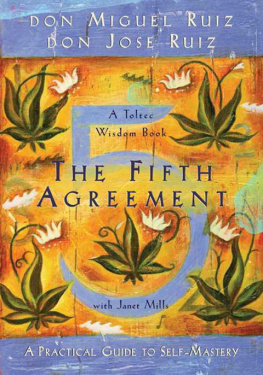
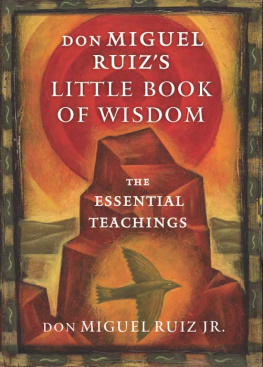
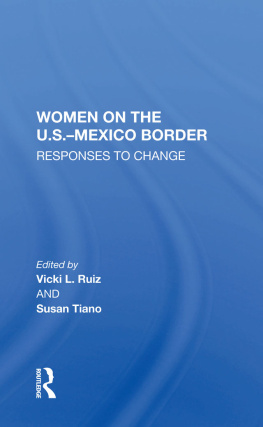
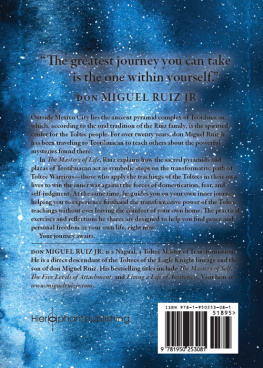

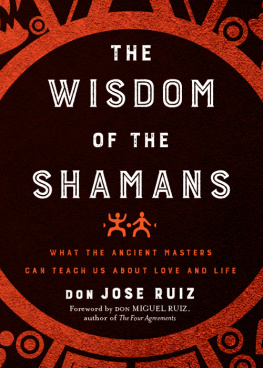
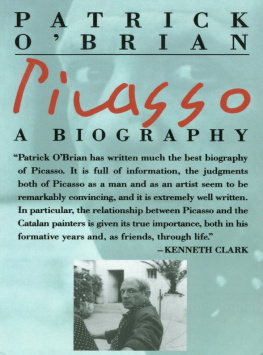
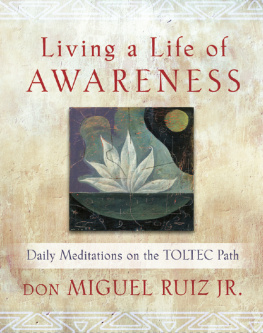
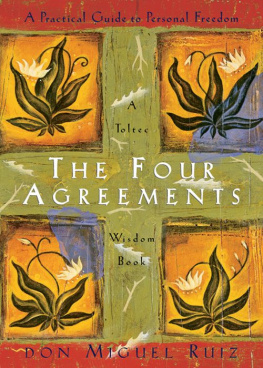
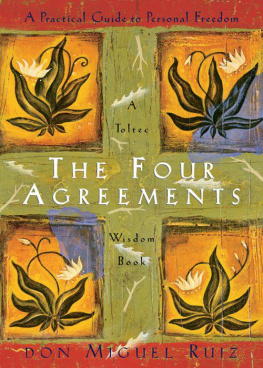

 The paper used in this publication meets the requirements of the American National Standard for Information SciencesPermanence of Paper for Printed Library Materials, ANSI Z39.48-1984.
The paper used in this publication meets the requirements of the American National Standard for Information SciencesPermanence of Paper for Printed Library Materials, ANSI Z39.48-1984.